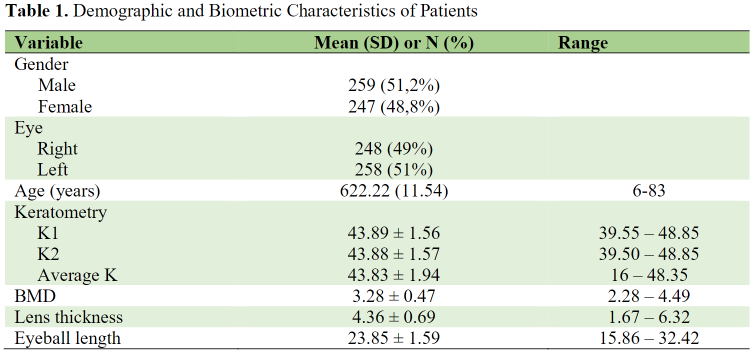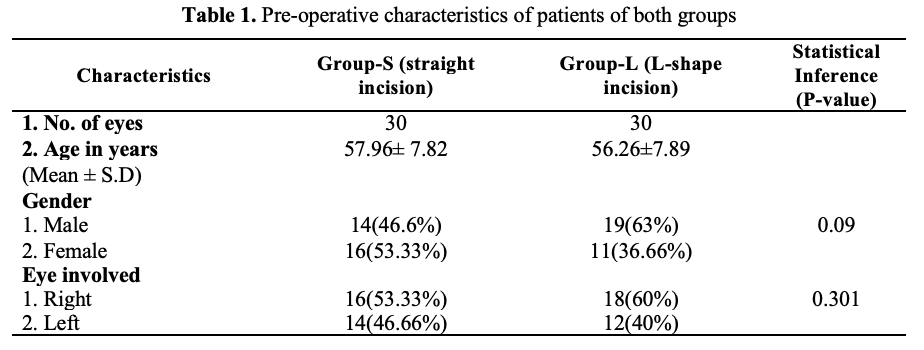Oral Vitamins for Lowering the Risk of Cataracts: Is It Needed?
Poster Presentation - Observational Study - General practitioner
DOI:
https://doi.org/10.35749/dqzwae69Keywords:
Oral vitamin, Multivitamin, CataractAbstract
Introduction & Objectives : Cataracts are a common age-related ocular disorder leading to blindness. As the role of oral vitamins in the prevention of cataracts remains controversial, various studies have investigated the potential association between oral vitamin supplementation and risk of cataracts. This review aims to find association between oral vitamins and the risk of cataracts.
Methods : A thorough literature research was conducted on online databases (PubMed, ProQuest, and Cochrane) and hand-searching. This review incorporates human studies in the past decade (2013-2023), conducted concerning the correlation between various kinds of oral vitamins and cataracts. All studies shall be published in English and be available in full-text journals.
Results : The majority of studies indicated that vitamin C, vitamin E, and multivitamin supplementations were associated with lower risks of cataract incidence. Two articles had similar relative risks (RR) for vitamin C (RR = 0.80-0.81), one article had RR of 0.90 for vitamin E, while two others had RR of 0.66 and hazard risk (HR) of 0.91 for multivitamin. However, one cohort stated otherwise as both vitamin C and vitamin E increased the risk of developing cataracts (HR = 1.21 and 1.59, respectively), while multivitamin had no association (HR = 0.96).
Conclusion : Oral multivitamin, vitamin C, and E have a significant association with cataracts. Further research is needed to specify the efficacy of each vitamin.
Downloads
References
(-)
Published
Issue
Section
License

This work is licensed under a Creative Commons Attribution-NonCommercial-ShareAlike 4.0 International License.



